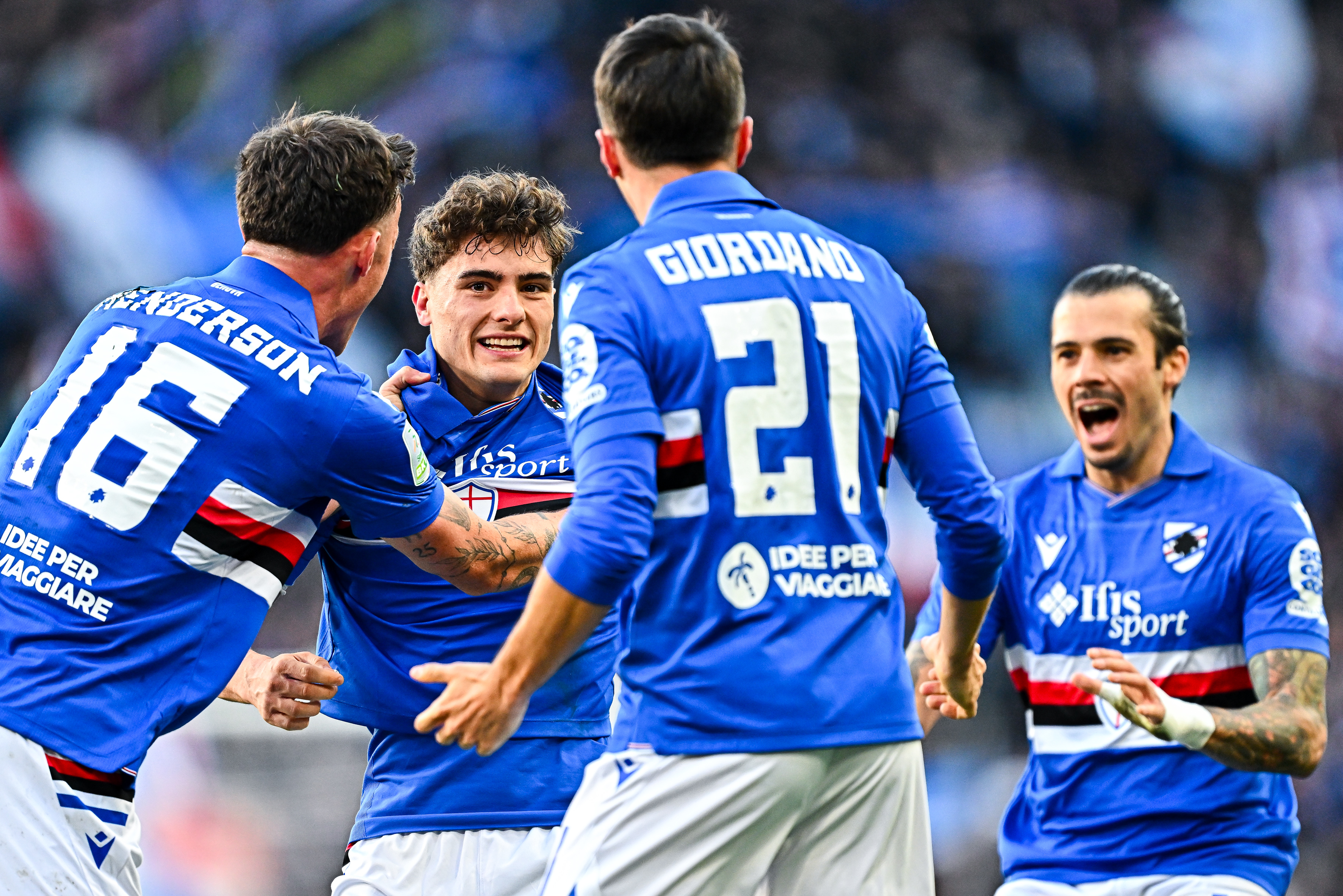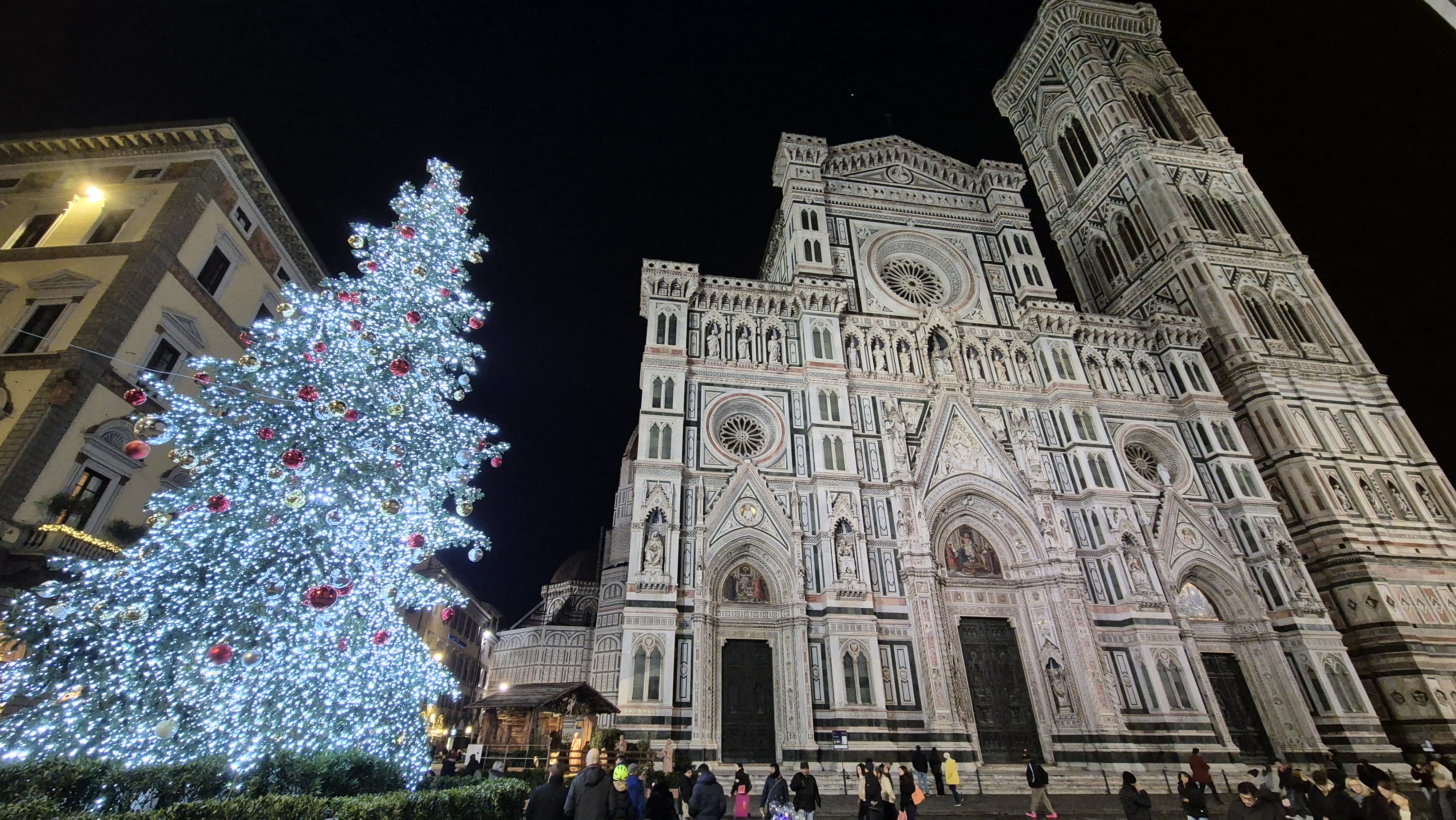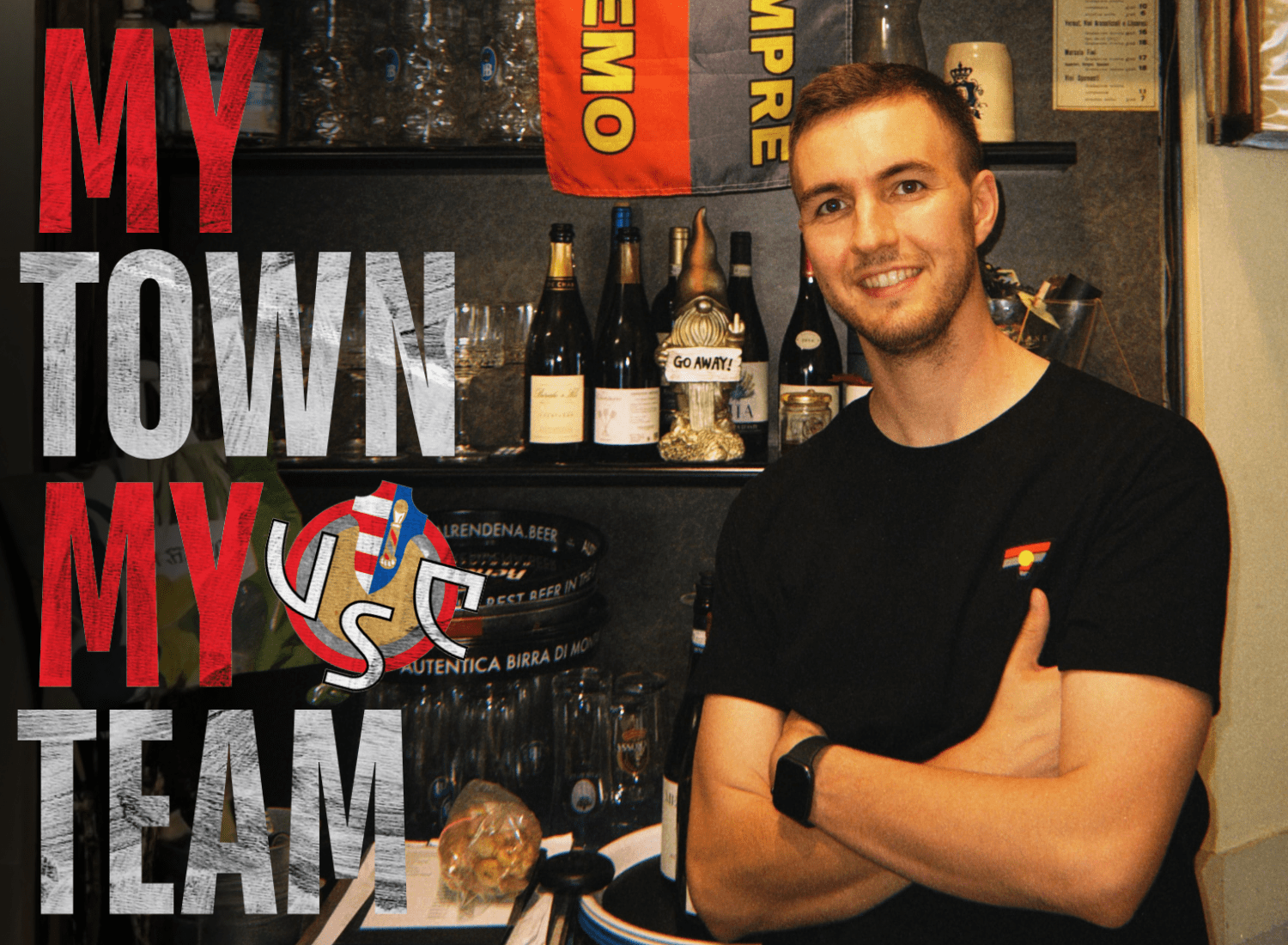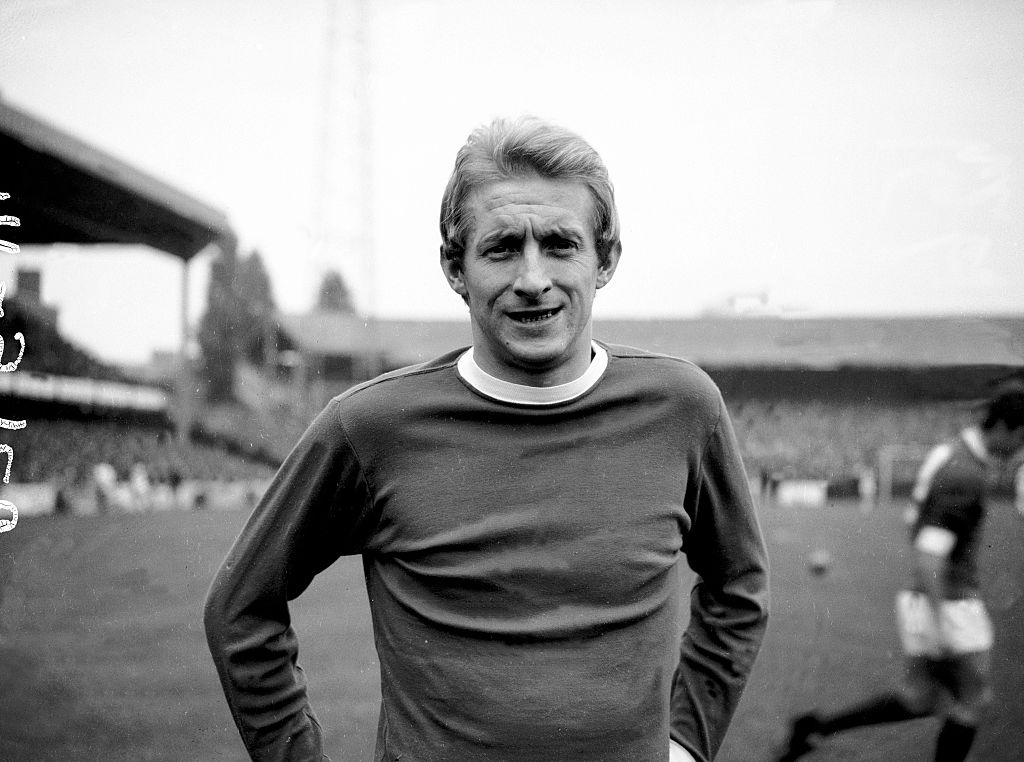
Denis Law: When the King Briefly Ruled Serie A
By Dan Cancian
Nostalgia often colours our collective perception of history, making us retrospectively appreciate something we were never fond of in the first place or rendering something mundane surprisingly appealing.
Like in tales passed down through generations, details are embellished, achievements take on greater significance, issues are glossed over.
Except, of course, when something or someone was already irredeemably brilliant to begin with. Nostalgia, then, only serves as vehicle to remember what we had and have lost or something we never saw but have heard all about it.
Denis Law, who died on Friday at the age of 84, firmly fell into the latter category.
Shirt untucked, the cuffs of his long sleeves bunched in his hands, the Scotsman was one of the iconic footballers of his and any generation. At a time when footballers wore their youth heavily, Law, who made his Scotland debut aged 18, looked like a rock star.
It is no surprise that Rod Stewart would later make that his idol’s iconic rooster-cut blond hairstyle his own and famous tour around the world.
The original King of Old Trafford long before Eric Cantona made the title his own, very few players have looked on a football pitch as cool as Law did.
Similarly, very few players were as good as he was. Hugh McIlvanney once famously remarked his fellow Scot was the only British footballer who would have got into Brazil’s divine 1970 team.
“Denis Law would have had a chance to get in to any team,” McIlvanney, one of the great Fleet Street doyens, wrote.
“He wasn’t a great kicker of the ball, in terms of scoring from outside of the box, but he was an absolutely killer finisher.”
Throughout his extraordinary career, goals were the only currency Law dealt in.
His 30 in 55 caps for Scotland remains the joint-highest total in the country’s history, alongside that of Sir Kenny Dalglish. During 11 years at Manchester United, he netted 237 in 404 appearances in all competitions, a tally surpassed only by his teammate Sir Bobby Charlton and by Wayne Rooney.
His 18 hat-tricks in a red shirt remain a club record.
And yet Law may have never joined United, had he not fled Italy when Juventus tried to sign him.
The son of a fisherman from Aberdeen, Law arrived in Turin from Manchester City in the summer of 1961 for £110,000, then a record fee for a British player.
Still only 21, the young Scot was one of the most-wanted strikers in Europe after scoring 21 goals in 44 games for City the previous season.
Law had come through the ranks at Huddersfield under the tutelage of Bill Shankly, who wanted to take his compatriot with him to Anfield when he moved to Liverpool in 1959 but the club could not afford him.
It would prove to be one of several sliding doors moments in Law’s career.
Meanwhile, the young Aberdonian had won plenty of admirers in Italy in November 1960, when he turned out for a English Football League Select side against an Italian XI representative at the San Siro.
Law was on the scoresheet in the visitors’ 4-2 defeat and his performance convinced several Italian scouts he could thrive in Serie A.
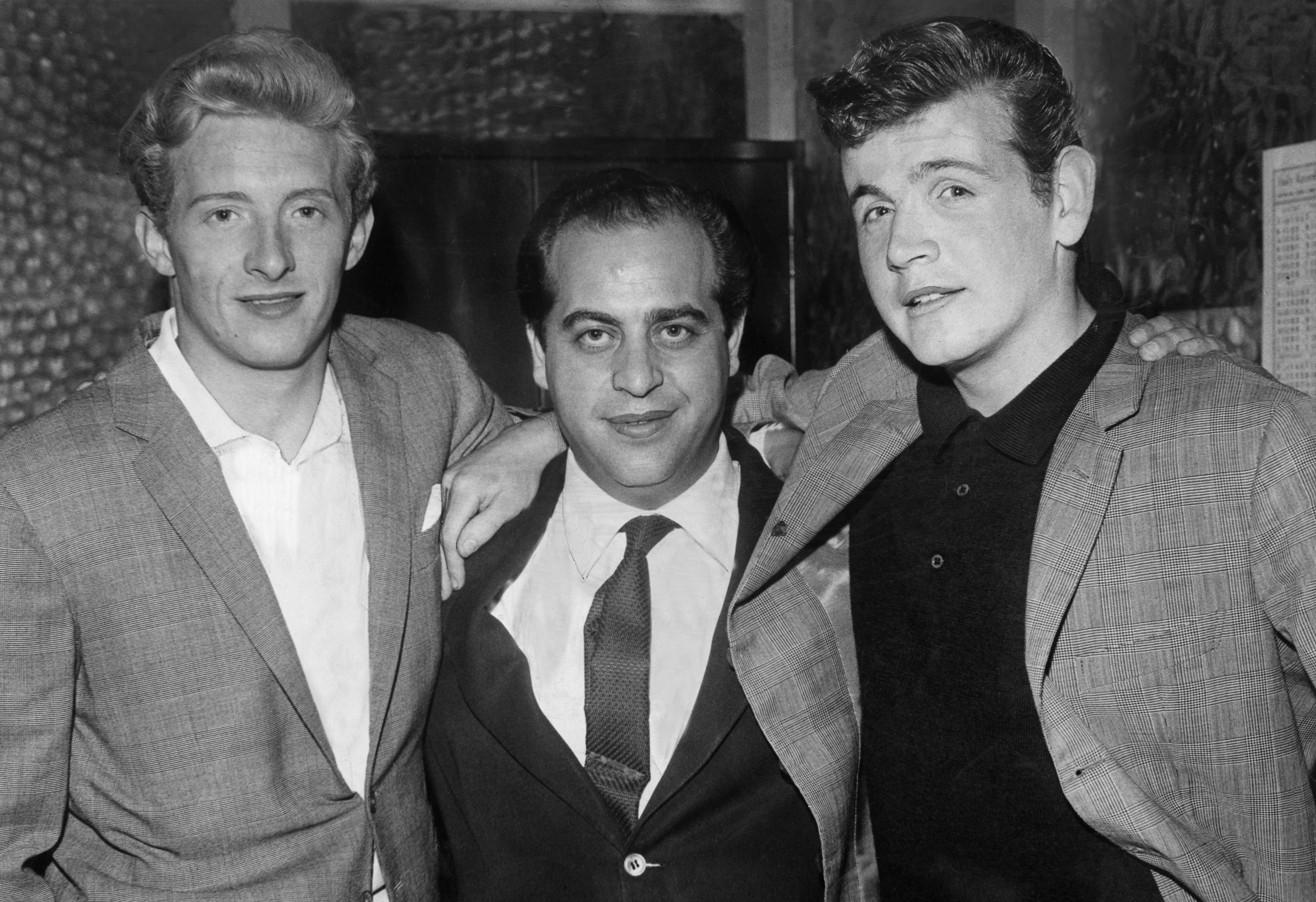
On the advice of Luigi Peronace, Torino won the race and signed him alongside England international Joe Baker, who had made his name north of the border with Hibernian.
A super agent long before the term made its way into football’s lexicon, Peronace had negotiated John Charles’ transfer to Juventus four years earlier.
The Welshman had proved an instant hit with the Bianconeri, scoring 108 goals in 155 Serie A appearances and helping Juventus to three Serie A titles and two Coppa Italias in five seasons at the Stadio Comunale.
His success with Juventus convinced Italian clubs there was talent to be found beyond Italy’s borders, namely in Britain.
The maximum wage policy was lifted at the end of the 1960-61 season, but the salaries on offer in Serie A remained too tempting to turn down.
Arriving in Turin to a hero’s welcome, Law soon was treated to the vagaries of Italian football as Inter Milan claimed the Scot had signed a pre-contract with them and demanded Torino release him.
The Nerazzurri eventually relented and Law hit the ground running in Serie A, scoring four goals in his first six appearances for the Granata.
Trouble, however, was milling. Much as the Scotsman had enjoyed the emphasis placed on training with the ball during pre-season, he now loathed the abrasive nature of Italian defenders.
Off the pitch, Law and Baker enjoyed Italy’s offerings and, almost inevitably, news of fines and broken curfews soon became headline material.
Being targeted by defenders intent on kicking lumps out of them every Sunday was one thing, being targeted by relentless hordes of paparazzi was an altogether different matter.
Six months into their Italian experience, Baker and Law both had had enough of the press and the former threw a reporter’s camera into one of Venice’s canals after growing tired of being followed.
Blows between the press pack and the players reportedly followed, with Law by all accounts intervening to prevent the situation from deteriorating even further.
Much worse was to come.
Law and his brother Joseph, who was visiting him in Italy, were out with the rest of the Torino players for an evening meal.
Along with Baker, the duo decided it would be wise to have several nightcaps after their teammates had long gone.
By the early hours of the morning, Baker insisted on driving Law and his brother back to their flat in his brand new Alfa Romeo Giulietta, which he had just purchased that morning.
Way over the limit – and not just in terms of speed – Baker clipped the kerb at a roundabout, with the car flipping over and skidding to a halt against a statue of Giuseppe Garibaldi – the founder of modern Italy.
Baker was in a coma and by the time he woke believed Law and his brother had been killed.
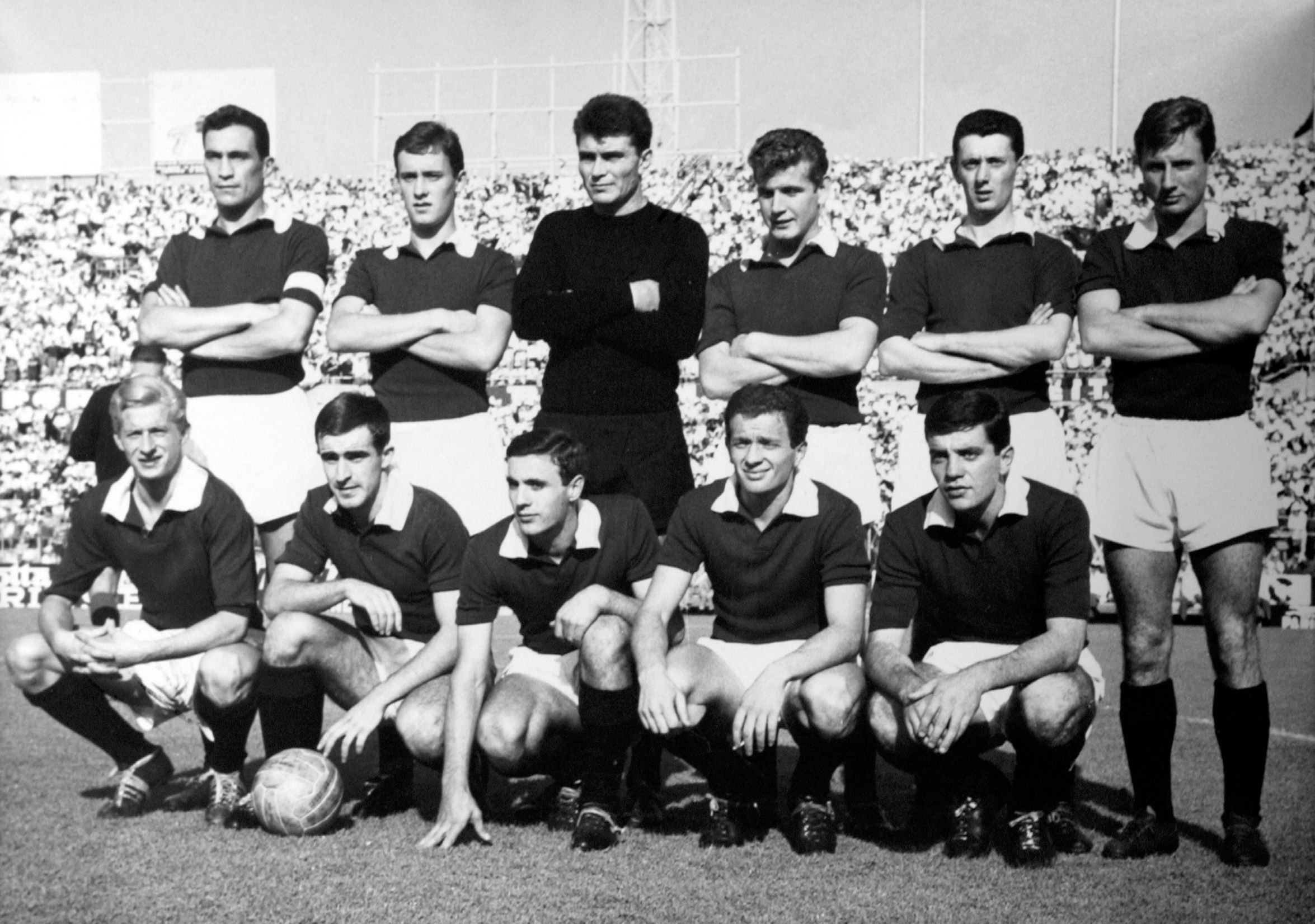
Miraculously, the pair had instead escaped unscathed.
Despite being banned in the aftermath of the crash, Law ended the season as Torino’s top goalscorer with 10 goals in 27 games and was voted Serie A’s best foreign player of the campaign.
The Granata agreed a deal to sell Law to United for £115,000, but for Juventus president Umberto Agnelli had been so impressed with Law that the Bianconeri tabled a £160,000 bid.
By then, however, Law had had enough of Italy and fled back to Britain, before Sir Matt Busby eventually managed to convince Torino to accept United’s offer to ensure the move to Old Trafford went through.
“I knew at first sight that we indeed had the most exciting player in the game,” Busby said.
“On achievement he turned out to be the cheapest.”
Baker, who scored seven goals in 19 games for the Granata, followed him back to Britain, where he would score 134 First Division goals in 262 appearances for Arsenal and Nottingham Forest over the next seven seasons.
Busby, who gave Law his international debut at the age of 18, had long wanted to sign his fellow Scot but Huddersfield turned down a £10,000 bid in 1958.
At last, he had his man and along with Charlton and George Best, Law was the missing piece of the jigsaw for Busby, who had masterfully rebuilt his team after the Munich air crash in 1958. Torino, of course, had suffered their own tragedy nine years earlier, when the Grande Torino team was entirely wiped out in the Superga air disaster.
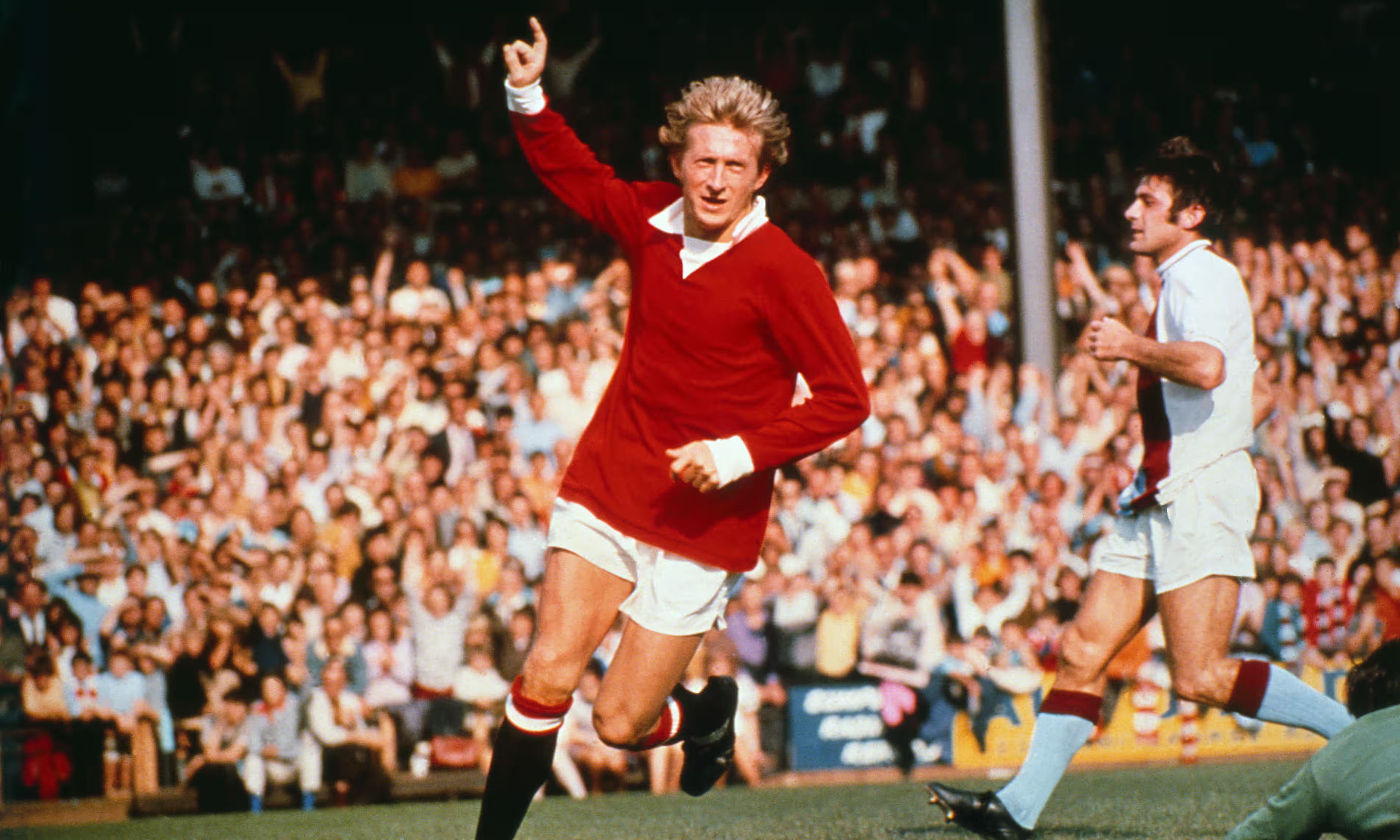
Law scored the opening goal of the 1963 FA Cup final victory over Leicester and was crucial to the First Division title wins of 1965 and 1967, but missed the 1968 European Cup final triumph because of a knee injury.
In 1964 he became the first and only Scot to ever win the Ballon d’Or.
“He was the quickest-thinking player I ever saw, seconds quicker than anyone else. He had the most tremendous acceleration,” Busby wrote of Law in his 1973 book ‘Soccer at the Top’.
“He headed the ball with almost unbelievable accuracy and with the power of a shot. He had the courage to take on the biggest and most ferocious opponents. His passing was impeccable. He was one of the most unselfish players I have seen.
“No other player scored as many miracle goals as Denis Law. He soon became what the crowd called him — ‘The King’.”
The King, who briefly ruled over Serie A.
Related Articles
Related Articles
The Serie B season reaches halfway when the action returns after the winter break, with more live matches to look forward to on DCTV.
Florence is a dream destination year-round, but visiting during the winter months offers a completely different and magical experience.
We get a local take on what's hot in Cremona - where to eat and drink, sights to see and handy hints that might not be in the tourist guides.


